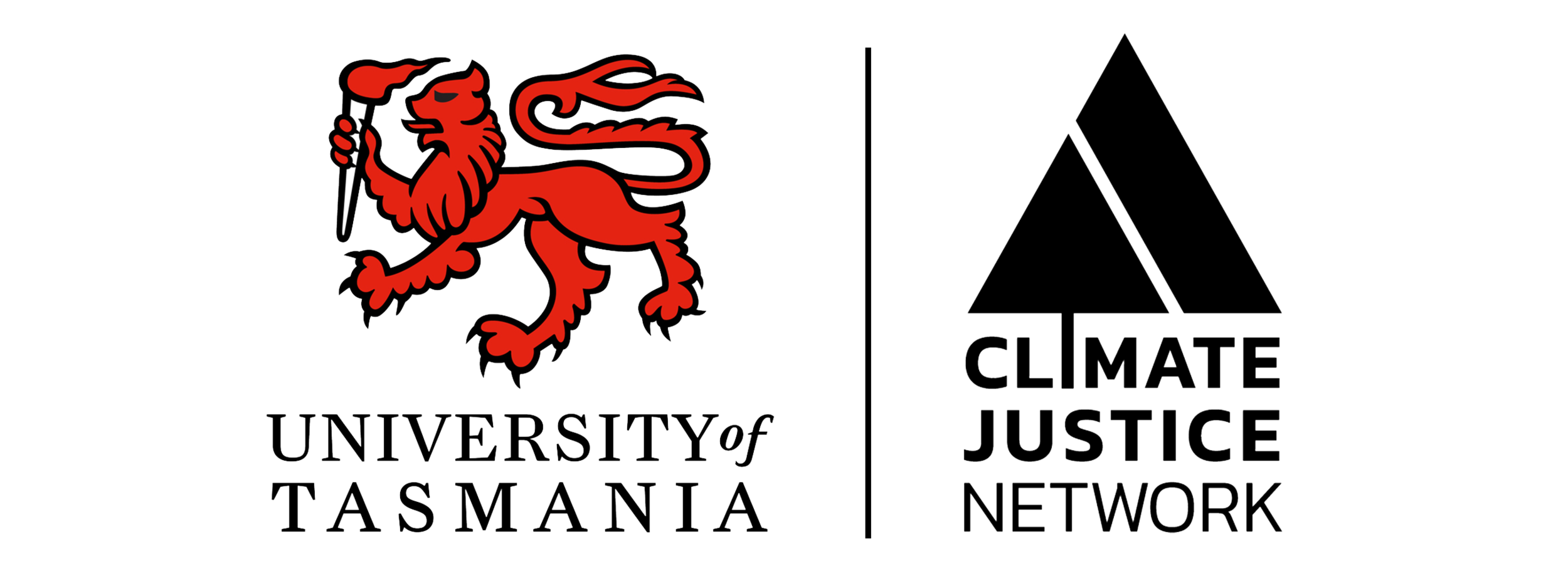Daring to Imagine Climate Recovery in the Trumpocene: Our Children’s Trust and Juliana v. United States
In August 2015, 21 youth from across the United States, launched the ground-breaking constitutional climate lawsuit Juliana v. United States in the U.S. District Court for the District of Oregon. The youth are supported by Our Children’s Trust, a non-profit organisation coordinating a legal campaign to secure the fundamental right to a stable climate system for young people and future generations.
The Juliana case is just one of a suite of legal actions since 2011 filed by young people with the help of attorneys at Our Children’s Trust. These actions have been filed in many U.S. states and globally, each seeking comprehensive, science-based government action on climate change. Not content to leave the task of climate recovery to protracted political negotiation or incremental, development-by-development legal challenges, these lawsuits are both imagining and achieving a more ambitious vision of climate justice in the courtroom.
Yet even within this movement, Juliana is distinct. Its target, the United States, is currently the world’s second-largest and historically the world’s largest emitter of greenhouse gases. The case is based, in the words of the United States District Court, a “novel” legal theory based on both the Due Process and Equal Protection Clauses of the United States Constitution, and the common law public trust doctrine. And it has already attracted a large public profile, having been covered in publications ranging from Teen Vogue to the New Yorker, and even has its own #youthvgov hashtag.
Despite motions to dismiss the case, in November 2016, 2 days after the U.S. presidential election, the District Court denied the motions, recognised a fundamental right to “a climate system capable of supporting human life,” and paved the way for Juliana to go to trial. As a result, the 3 fossil fuel industry intervenors that had previously intervened in the case elected to withdraw in May 2017. The U.S. government has since taken the extraordinary and rarely-used step of petitioning for a Writ of Mandamus directly in the Ninth Circuit Court of Appeals. The Ninth Circuit’s decision is currently pending, and has seen its own twists and turns since oral arguments were heard last December.
Meanwhile, the United States is in the midst of a Trump presidency, noted for its consistent and effective moves to suppress climate science, wind back environmental regulations and promote fossil fuels. It is important to recognize, however, that Trump’s election has really done very little to change the case’s fundamentals. As one of the youth plaintiffs in the Our Children’s Trust-coordinated lawsuit in Washington State––Foster v. Ecology––explains:
“Our lawsuits are really not about Trump; they were filed before he was in office. A lot of what we’re seeing right now suggests that every march and every protest are just about this one guy. As if we could get rid of this one guy and everything would be all great.
“What we’re suing for is a specific climate recovery plan, because the United States government has known for years about climate change and what fossil fuels do to our environment, and they’ve continued to make it worse.”
The allegations in Juliana v. United States, and the evidence plaintiffs intend to submit at trial, attest to U.S. government knowledge of the risks of climate change dating back to the 1960s and multiple government plans, not implemented, to stabilise the climate and transition away from fossil fuels. Despite knowledge of climate risks and opportunity for change, both Republican and Democratic Administrations continued to permit, promote and subsidise fossil fuel extraction, combustion and export.
Nor has the Trump Presidency altered the scientific urgency of emissions reduction or lessened the severity of the climate crisis. Rather, past and present government action supporting fossil fuels, and inaction on climate change, have persisted even as we have move well past safe levels of atmospheric CO2 (i.e., below 350 parts-per-million) and into a dangerous climate system. We simply cannot wait in hope that the Trumpocene will soon pass to take radical action: winning slowly is the same as losing. Anything other than a rapid drawdown of greenhouse gas emissions will burden future generations with a choice between exorbitantly expensive and unproven technological fixes, runaway climate change, or a combination of both.
Just as the U.S. government is by no means the only government guilty of both long-standing knowledge of the risks of climate change, and recalcitrant climate and energy policies, so too the fossil fuel industry bears responsibility for its actions in the face of known climate risks. Unsurprisingly, legal actions against both governments and the fossil fuel industry are rapidly proliferating. Each kind of case articulates a different narrative of responsibility for climate change and of climate justice. It remains to be seen whether these narratives can be harmonised both inside and outside the courtroom.
Nevertheless, what these cases do show is that, if we are to both imagine and achieve a different future––and overcome decades of business-as-usual, political half-measures, lip service to real action, and largely symbolic international treaty-making––then novel, potentially transformative legal actions like Juliana v. United States are likely to play a crucial role.
A panel discussion on Climate Litigation will be held this Friday 9th February, on day two of Imagining a Different Future: Overcoming Barriers to Climate Justice Conference. Other speakers on this topic include Jacqueline Peel, Timothy Baxter, Margaretha Wewerinke-Singh, and Hari Prasetiyo.
Danny Noonan is a Climate Law Fellow with Our Children’s Trust, having graduated from Sydney Law School in 2017. He is writing in his personal capacity.

